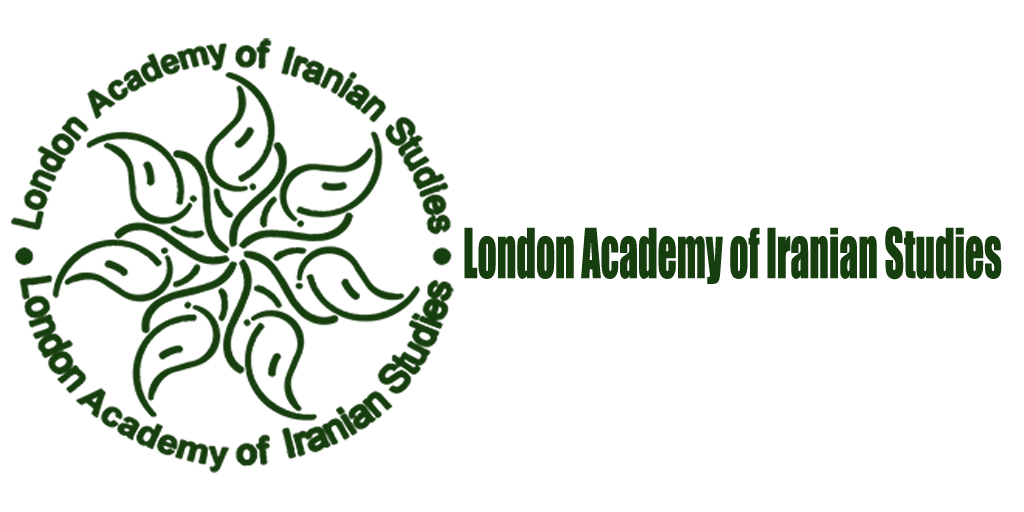Habermas, Religion and Public Life written by Dr Masoumeh Bahram has been published by LAIS Press. The book is comprised of 6 chapters in 348 pages.
“Habermas is, quite rightly, regarded as one of the major philosophers and social theorists of recent decades, with a large body of work offering an innovative assessment of the challenges, difficulties and opportunities inherent within the modern project. While his work has been engaged with extensively, however, his work on religion has been relatively neglected. This book offers a valuable service in that respect, examining the development of Habermas’s writings on religion from his earlier, secularist views through to his more sophisticated analysis of religion in recent years. As such, it will be of interest to scholars and students of contemporary religion, particularly in its examination of Habermas’s arguments alongside religious and philosophical views of modernity from outside the European context
within which his thought has developed.”
Philip A. Mellor, Professor of Religion and Social Theory, University of Leeds, UK.
ISBN: 978-0-9552298-1-7
Publishing house: London Academy of Iranian Studies Press
Price: £30
To Purchase please contact philosophy@iranianstudies.org.
Table of Contents
Acknowledgements. I
Abstract II
Table of Contents. IV
List of Tables. VI
Chapter 1: Introduction. 1
1.1. Limitations and Advantages of the Research. 8
Chapter 2: Theoretical Definitions of the Key Themes in Habermas’s Thought 13
2.1. The Public Sphere. 14
2.2. Globalisation. 21
2.3. Modernity. 33
2.4. Democracy. 39
2.5. Positivism.. 45
2.6. Hermeneutics. 49
Chapter 3: Religiosity and Rationality. 56
3.1. Different Theories on Religion: Christianity and Islam.. 57
3.1.1. Karl Marx and Christianity. 58
3.1.2. Max Weber and Christianity. 65
3.1.3. Max Weber, Bryan S. Turner and Islam.. 71
3.2. Habermas and The Frankfurt School’s Critical Theory. 86
3.3. Universal Pragmatics and the Ideal Speech Situation. 92
3.4. Instrumental Rationality, Communicative Action and Shura in Islam.. 100
3.4.1. Instrumental Rationality. 103
3.4.2. Communicative Action. 105
3.4.3. Communicative Action and Shura in Islam.. 109
3.5. Lifeworld and System.. 112
3.5.1. Lifeworld. 113
3.5.2. System.. 116
Chapter 4: Habermas’s Early and Recent Thought on the Role of Religion in Public Life 121
4.1. The Role of Religion in Habermas’s Early Thought and the Three Stages of the World 123
4.1.1. The Mythical Worldview.. 124
4.1.2. The Religious-Metaphysical Worldview.. 133
4.1.3. Habermas’s Understanding of Religion in Modernity. 143
4.2. The Role of Religion in Habermas’s Current Thought 153
4.2.1. Religiousness in a Secular Context: Secularisation in Postsecular Society. 154
4.2.2. The Legitimacy of a Secular State. 156
4.2.3. The Duties of Citizens in the Political Public Sphere. 158
4.2.4. Habermas and the End of Discrimination; the Beginning of Tolerance. 159
4.2.5. Habermas’s Demarcation of Tolerance. 161
4.2.6. Habermas and the Revival of Religion in the West 162
4.2.7. Recommendations for Religious and Secular Citizens. 163
4.3. An Analytical Assessment of Habermas’s Current Approach Towards Religion. 165
Chapter 5: Religious and Secular Worldviews in Iranian Thought 169
5.1. The Iranian Intellectual Perspective on the Encounter of Tradition and Modernity 170
5.1.1. Westoxication. 171
5.1.2. Traditionalism.. 172
5.1.3. Reformism.. 177
5.2. Religion and Public Life: The Views of Habermas and Shariati Compared. 217
5.2.1. Reason and Religion. 218
5.2.2. Modernity and Tradition. 220
5.2.3. Public Life and Religion. 230
Chapter 6: Conclusion. 238
Bibliography. 253
